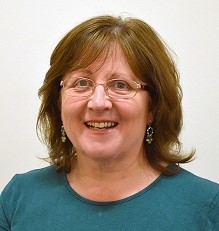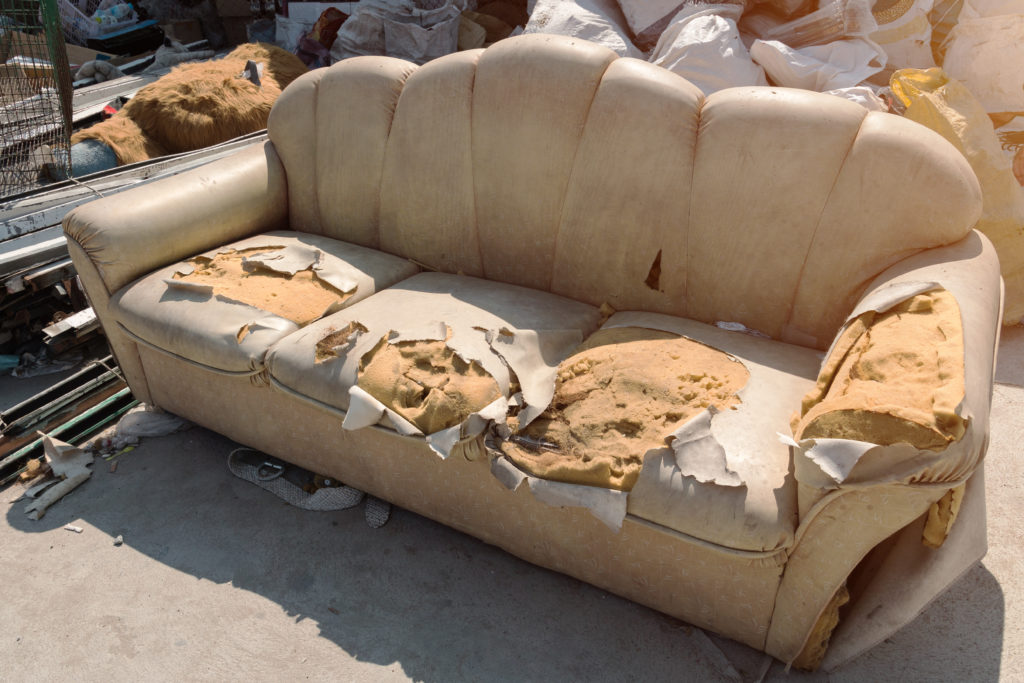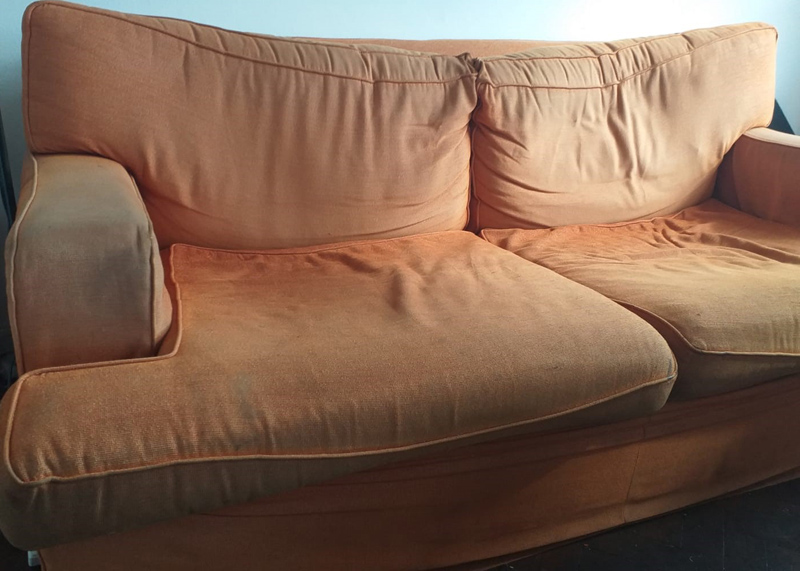Meanwhile, the Isle of Wight council has also moved to reassure residents and businesses that its HWRCs will continue to accept soft furnishings such as sofas and armchairs. Businesses on the island have, however, been asked to bring sofas, cushions and chairs in separate loads.
Early last week, Cambridgeshire announced it had temporarily stopped accepting sofas at their HWRCs following new legislation stating this material must not be sent to landfill from 1 January, due to the presence of persistent organic pollutants (POPs) (see letsrecycle.com story).
Steve Cox, Cambridgeshire’s executive director of place and sustainability, has now apologised to residents affected by the “sudden” restriction, saying it was imposed as the council sought an alternative disposal route.
“Changes to the way we are allowed to safely dispose of these items meant we were given an extremely short timeframe to deal with waste that could no longer be put into landfill, which had to be stored separately from any other waste before being incinerated,” Mr Cox said.
“As a county council that traditionally doesn’t use incineration for its waste, we didn’t have an easy or immediate solution to hand.”
Bulky waste collections across Cambridgeshire, paused by the city and district councils because of the rules, will also resume, the county council said.
Cambridgeshire
Cllr Lorna Dupre, chair of Cambridgeshire’s environment and green investment committee, said the council had found “safe and compliant temporary solutions” that allowed them to continue to accept upholstered chairs, cushions, and beanbags.

A spokesperson for the council told letsrecycle.com they were now storing the material separately from any other waste.
“We are extremely grateful to our partners across the whole system, including our contractor, Thalia, who has worked with us at pace over the past week, from the date it was confirmed to us by the Environment Agency that we would be in breach of legislation from 1 January,” she said.
Thalia, the company formerly known as Amey, is also the Isle of Wight’s waste disposal contractor.
POPs
Last August, the Environment Agency contacted councils and HWRC operators to issue draft guidance about waste upholstered domestic seating and POPs (see letsrecycle.com story).

Prior to this, the Agency’s web-based guidance on identifying and disposing of POPs made no specific mention of waste upholstered domestic seating, Cambridgeshire says.
In October, 55% of the councils who responded to a survey by Local Authority Recycling Advisory Committee said they did not believe they could be compliant with the regulations by the deadline of 31 December (see letsrecycle.com story).
Cambridgeshire says they raised “serious concerns” with Defra and the Agency throughout the autumn, while operators were “not willing” to enter into agreements until the final guidance was published.
The Agency published this guidance on 19 December. Cambridgeshire says it received confirmation from the regulator four days later that the council would not be compliant with legislation if a solution was not in place from 1 January.
Engagement
An Environment Agency spokesperson told letsrecycle.com on 6 January that it expected councils to continue accepting waste sofas and dispose of them “appropriately and legally” (see letsrecycle.com story).

The spokesperson told letsrecycle.com both the regulator and Defra had been engaging with local authorities since 2021 to explain the law and offer guidance on POPs.
However, a local authority representative who did not wish to be named told letsrecycle.com this “slightly misrepresented the situation in terms of the timing of the engagement”.
The representative, who was in meetings about the issue with the Agency and Defra from 2021, says the regulator and government department were operating under Chatham House Rules up to just before the initial communications were sent to councils last August. The Chatham House Rule means a participant is free to use information received during a meeting but may not reveal the identity nor the affiliation of the speaker.
As such, the local authority representative says, those from councils who attended the meetings were prohibited from sharing information and the draft guidance, as were all other members of the groups.
Cumbria
Cumbria county council was another authority to announce it would temporarily stop accepting waste upholstered domestic seating because of the new rules. The ban remains in place.
Mark Jenkinson, the Conservative MP for Workington, which is in in the Allerdale borough of Cumbria, criticised the move. Writing on Twitter, he said: “There is no new legislation, and no short notice. These regulations are 15 years old. These are current legal requirements and businesses, including Cumbria county council and their contractors, should already have been complying.”
🧵 THREAD:
There is no new legislation, and no short notice.
These regulations are 1️⃣5️⃣ years old.
These are current legal requirements and businesses, including @CumbriaCC and their contractors, should already have been complying. https://t.co/DoUU1ZPHDg
— Mark Jenkinson MP (@markjenkinsonmp) December 29, 2022
Restrictions on the manufacture, sale and use of POPs have been implemented in the UK since 2007 under the Persistent Organic Pollutants Regulations, which are based on European legislation.
Compliance
Elsewhere, the National Association of Waste Disposal Officers (NAWDO) issued a statement last week saying its members were working hard to put in place arrangements to divert waste upholstered domestic seating from landfill and into energy recovery.
The network for senior managers at waste disposal authorities says the cost of compliance is “potentially significant”, with some prices exceeding £200 per tonne due to the Environment Agency’s new requirements.
A NAWDO spokesperson said: “The specific guidance related to waste upholstered domestic seating was published by the Environment Agency just before Christmas and this has left local authorities with a limited amount of time to prepare and put arrangements in place.”












Subscribe for free